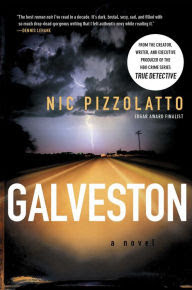
The entry begins:
I write in scenes and I love movies, so I have always imagined Belonging as a film. A little about the novel: Jenny Hayes is raised in a dreary, faithless home, so she paints her room the color of a tangerine, collects prayer cards, and surrounds herself with music. She has a self-reliance that both protects her and keeps her from the love and closeness she desires. As an adult, Jenny returns home to confront the wounds of her childhood: the mother who abused her in subtle ways; the father who allowed it; the boy she once loved; the landscape that is beautiful, barren, and stifling; the secrets kept for generations. Spanning three decades, Belonging is about first love and heartbreak, friendship and secrets, family and forgiveness, hometowns and coming of age, and memory and music. The heart of the story is Jenny’s struggle to undo the binds of a childhood that have deeply affected her life, the painful path to love endured by children raised in alcoholic families, and the grim reality of believing you must hide a part of yourself in order to belong.Visit Jill Fordyce's website.
My dream director for the film adaptation of Belonging would be Sofia Coppola. I loved her most recent film, Priscilla, for several reasons—all of which would be important to a film version of Belonging: a strong female perspective, a commitment to authentic depiction of the time period, a soft retro color palette, and...[read on]
The Page 69 Test: Belonging.
My Book, The Movie: Belonging.
--Marshal Zeringue









































